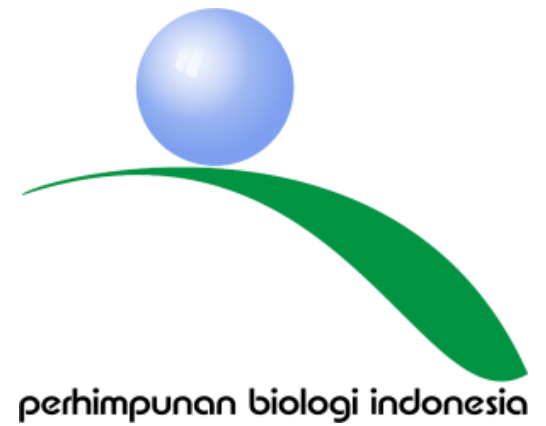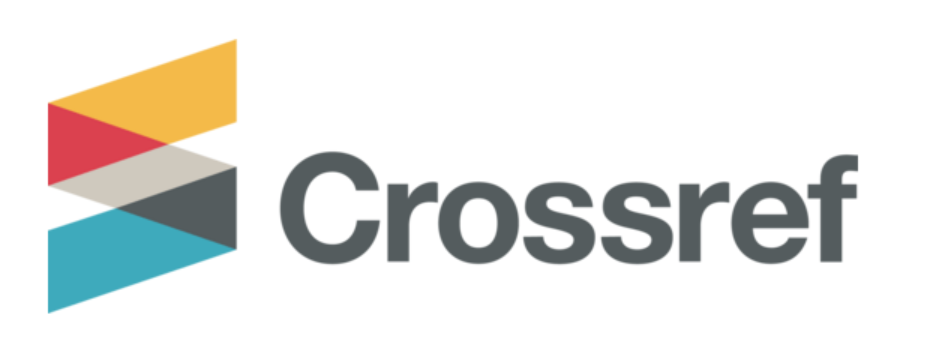Publication Ethics
Publication Ethics and Publication Malpractice Statement
The submission of a manuscript having multiple authors constitutes a representation that all listed authors concur with the submission and approved the final version. The authors are expected to present experimental results accurately. Evidence or allegations of violations of the standard norms for publishing original research — such as publication without approval of all authors, plagiarism, republication of data used previously without acknowledgment, and inappropriate image manipulation — will be investigated. In case of any potential hazards to the animals such as invasive sampling and so on, we require that authors submitting a paper provide the date, approval number or code and or name of the approving committee on research work submitted to the JWB. Any experiments involving animals must be demonstrated to be ethically acceptable and where relevant conform to national guidelines for animal usage in research (please refer to the journal conditions for animal research for further information). Please read the following details on different parts of publication ethics and malpractice statement.
Animal rights policies
Authors submitting manuscripts to the Indonesian Journal of Biosciences (IJOBI) must state that the protocol for the research project has been approved by a suitably constituted Ethics Committee of the institution within which the work was undertaken and that it conforms to the provisions of the internationally-accepted standards. IJOBI retains the right to reject any manuscript on the basis of unethical conduct of animal studies without presenting certificates. All investigations on wildlife (animals in general) must include a statement that the subject gave informed consent. Authors must obtain a written, signed approval from the local or national authorities responsible for wildlife conservation or their Institutional Animal Care and Use Committee and submit a copy of the document to the IJOBI Editorial Office. This information should be reported in the manuscript. As a journal that follows the Animal Research: Reporting In Vivo Experiments (ARRIVE) guidelines, developed by the National Centre for the Replacement, Refinement & Reduction of Animals in Research (NC3Rs), it is expected of authors, reviewers and editors that they follow the best-practice guidelines on ethical behavior contained therein. IJOBI emphasis that studies involving animals must be conducted according to internationally-accepted standards and authors must obtain prior certificates from their Institutional Animal Welfare and get necessary equivalent ethics committee(s) permission before starting their researches.



















